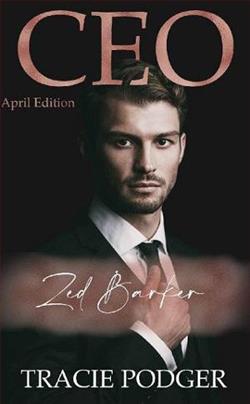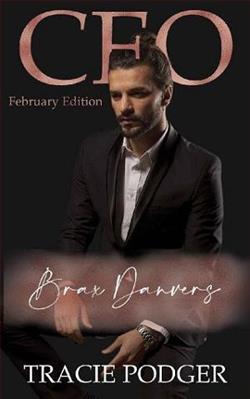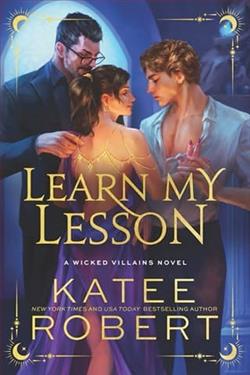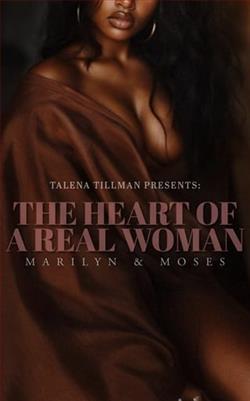Page 14 of Porcelain Lies
“No.”
“Bozhe moy, Aleksei. She called me in tears last night about you canceling dinner again.”
“She’s becoming possessive.” I flick an impatient glance to the rearview mirror. “Showing up at my office unannounced, questioning where I go, who I meet.”
“Because you keep her at arm’s length. The woman just wants—”
“What she wants doesn’t concern me.” The words come out like ice. “I don’t answer to her, or you, or anyone else about how I spend my time.”
“This event… it’s not about that dancer again, is it?”
“Don’t start.” Heat creeps up my neck. “It’s business. Building connections, maintaining our legitimate image.”
“Right.” Diana’s sigh crackles through the speaker. “Just like that art gallery opening last month was ‘business.’”
The Fairmont’s gleaming facade appears ahead, valets rushing to open car doors. “I need to go.”
“Lyosha—”
I end the call, tossing my phone onto the passenger seat. The line of cars crawls forward toward the entrance, where staff in black uniforms direct traffic with practiced efficiency.
The valet opens my door with a slight bow. I toss him my keys, noting his professional demeanor. No gawking at the Bentley, no excessive fawning. Good.
The hotel’s marble lobby gleams under crystal chandeliers. Security personnel track my movements with subtle glances — trained professionals recognizing another predator in their midst. I adjust my cufflinks, striding past the “Children’s Medical Research Gala” signs toward the grand ballroom.
A million. The number crystallizes in my mind as I scan the crowd of tuxedos and evening gowns. One million dollars should make a difference without drawing unwanted attention. Small price to pay considering what I spend on Bobik’s treatments.
My son’s face flashes through my thoughts — his eyes lighting up at the wheelchair’s controls, that brilliant mind already mastering the technology. How many families here tonight are desperate for similar resources? How many children suffer because their parents can’t afford experimental treatments or specialized equipment?
“Your invitation, sir?” A young woman in black holds out her hand expectantly. “The auction is over, I’m afraid. But there is a small cocktail gathering for our benefactors that you’re welcome to attend.”
I pull the embossed card from my jacket. “I don’t care about the auction. I’m here to make a donation. Who do I speak to?”
Her eyes widen slightly at my name. “Of course, Mr. Tarasov. Right this way.”
She leads me through clusters of wealthy donors sipping champagne, their jewelry catching the light. These people play at charity, treating it like a social game. For them, it’s about being seen, about maintaining their image of generosity.
For me… I think of Bobik’s determination to master quantum physics despite his limitations. Of Olga’s dedication to his care even as her own health fails. Of all the advantages my wealth and power secure for my son while other children go without.
“The organizer should be…” The hostess fidgets under my stare, scanning the crowded ballroom. “One moment, please.”
She scurries off toward a cluster of staff members near the bar, their black uniforms marking them as event workers rather than guests. I roll my shoulders, adjusting my jacket. The room holds the usual mix of Los Angeles elite — old money trying to look young, new money trying to look established.
A server approaches with a champagne tray. I wave him off without looking. These charity events all follow the same pattern — wealthy donors congratulating themselves on their generosity while barely skimming the surface of what’s needed. But medical research requires deep pockets.
“Mr. Tarasov?” The hostess returns, gesturing toward the far end of the room. “Our event organizer is by the silent auction tables. She’s wearing a blue suit.”
I follow her direction, spotting a woman in a navy blazer and matching skirt speaking with auction bidders. Even from behind, her posture radiates efficiency and control. Professional.
Good.
“That will be all.” I dismiss her with a nod, already moving through the throng. The hostess retreats with a small bow. I head toward the auction tables, the crowd instinctively parting before me. Years of command have taught me the power of presence — no need to push when others naturally step aside. My height gives me an advantage, letting me survey the space efficiently.
The organizer still has her back turned, gesturing at various auction items as she speaks with potential donors. Her voice carries notes of warmth and authority, drawing people in while maintaining clear boundaries.
Interesting.
The woman turns, and my breath catches in my throat. Green eyes meet mine, striking enough to stop me mid-stride. Dark waves of chestnut hair frame delicate features, falling past her shoulders.















